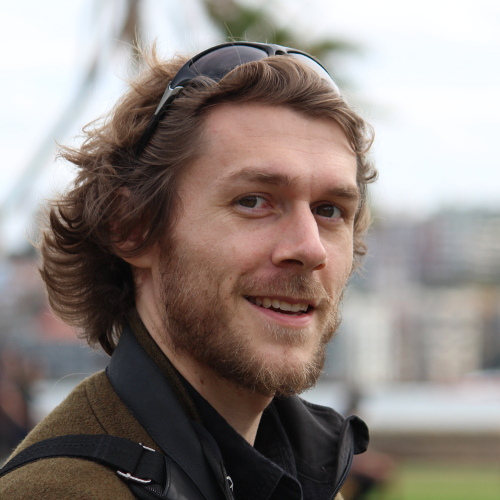Research themes
Overview
I am an evolutionary biologist primarily interested in recent genetic evolution and its interaction with the ecology and life-history of the organisms I see around me while hiking or birdwatching.
Contemporary evolution: how it works and whether it matters
Human activities changes the environment of many species, to the point where they can go extinct. Genetic adaptation is one thing that can allow them to persist, but 1) Does genetic adaptation to environmental changes happen on contemporary time scales in wild populations? A subsidiary question more rarely asked, but the one we need to know whether populations persist of go extinct, is: 2) Does it matter for population dynamics?
Spoilers: Based on my PhD and postdoc work on a snow vole population, the answers are 1) absolutely, yes (Bonnet & Postma 2018, Bonnet et al. 2017); and 2) probably yes, but it is very difficult to be sure.
Across 19 bird and mammal populations it looks like adaptive evolution is rather common and fast enough to alter population dynamics and explain a large share of phenotypic change (Bonnet et al. 2022).
Statistical methods for evolutionary quantitative genetics
When you work with wild animals it is bloody difficult to see evolution happening in real time, even worse to understand what drives evolution, and nightmarish to predict the future of populations. Because natural ecosystems are so complex, and because field data tend to be noisy, you need special statistical tools to isolate selection, evolution and demographic trends.
I have done some work to properly model genetic variation and selection with empirical data (Bonnet, Morrissey, Kruuk 2019, Morrissey, Bonnet 2019), to tell apart selective signals from neutral processes (Bonnet & Postma 2016, van Benthem, Bruijning, Bonnet et al 2017), and to correct measurement error from estimates of selection and heritability (Ponzi, Keller, Bonnet, Muff 2018, Subasinghe et al. 2021).
Recursive evolution: hybridization and speciation
I am also interested in the evolutionary consequences of hybridization. Closely related species sometimes hybridize and exchange genes (introgression) after having diverged, leading to recursive evolution. I have done work on how this process can create new species (Elgvin et al. 2011), and on why some parts of the genome tend to introgress more that others (Bonnet et al. 2017).
Biodiversity and human activities
Although it is currently not a major research focus of mine, it is difficult doing wildlife research without thinking about the effects of human activities on biodiversity.
With CNRS researchers (Manon Ghislain, Pierre-Yves Henry, Olivier Giminez), we are working to measure how much the survival of songbird is synchronized among species at the scale of France, and what climatic variables are responsible for killing or sustaining all songbird species. A paper presenting our findings should come out in 2019.
I studied how voles deal with repeated disturbance associated with modern farming (Bonnet et al. 2013). Spoiler: they get literally crushed, but take advantage of productive crops to reproduce fast between two ploughing events.
I did an internship on the conservation of birds in extensive Alpine meadows with a local branch of Birdlife France ( LPO Isère ).

